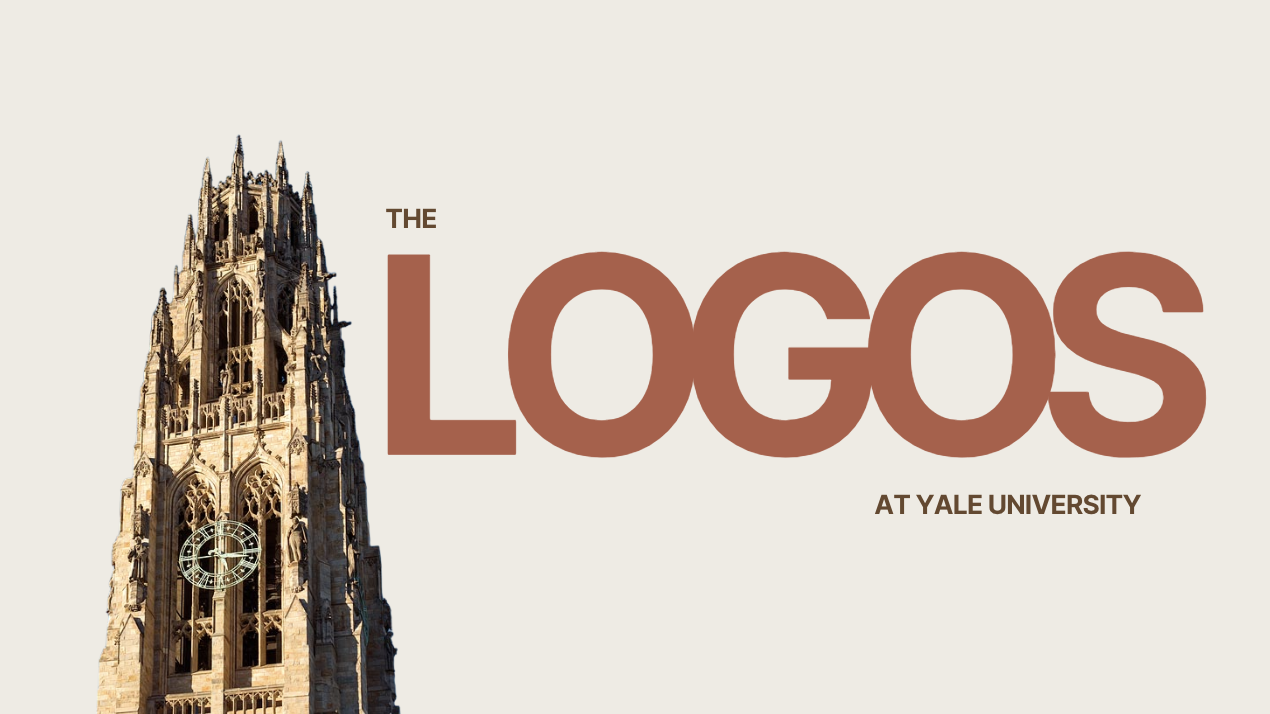
Search Our Writing:

The Language of the Eternal
December 10, 2024 | By Tori Cook JE ‘27
Communication with God, understanding the language of the eternal, is central to the Christian life. Yet, that very phrase poses a profound quandary: language is necessarily and inseparably tied to time while the eternal, God, is necessarily a representation of timelessness. We humans are temporally bounded beings called, as the Christian life denotes, to be in communication with a sempiternal God who is beyond time (Jeremiah 33:3 – Call to me and I will answer you). Why would God make us time-bound? Does this not hinder our ability to comprehend Him and limit our ability to communicate with Him?

God Through Our Day
December 10, 2024 | By Isaac Oberman DC ‘26
Regardless of what time of day you personally connect with God the best or what the data from respondents says, we are all connecting with God. Scripture tells us of many ways in which God leads His people, at all times of the day. As expressed in the scripture at the start of this piece, God gave symbols to the Israelites to lead them through the desert as they fled persecution in Egypt. These means differed by the time of day; during the day God led His people with a pillar of clouds, and at night he lead them with a blazing pillar of fire. Though His guidance differed with the day, God was still there leading them.

Moving Beyond the Clock
December 10, 2024 | By Yoska Guta TD ‘25
Christianity posits that God has not only made time as a part of Creation but that He has also provided a tangible, living example of how humans ought to operate within it. The Gospel narratives found within the New Testament recount the life and ministry works of Jesus, the Son of God, who entered creation in human form with a crucial purpose: reconciling a broken and sinful people to Himself through self-sacrifice. Jesus’ earthly life, Gospel ministry, and eternal promise are all littered with implications for how humans should relate to and understand time.

Collecting the In-Between Moments
December 10, 2024 | By Emma Ventresca BF ‘27
Managing our time properly begins with embracing the “in-between” moments, sewing together the periods of monotony into a tapestry of active waiting. The theory that we can erase these “in-between” moments on the day-to-day micro level does not translate to the practicality of life on the macro level. It is impossible for humans to ax the intermediate periods that separate the big milestones of life like marriage or a job transition. From healing broken bones to having a child, waiting is built into our biology. The question is how individuals use the time in the interim.

A Tale of Two Calendars
December 10, 2024 | By Gavin Susantio YDS ‘25
Much like chado, moving from one city on the equator to another city in the northeast takes many considerations and is quite the work. Going from living in one place without seasons—to another with many seasons—is living life by a completely different calendar. This idea of entering multiple calendars is seen as a given in one’s spiritual life. St. Augustine of Hippo, one of the greatest theologians in Western history, maintains that there are two cities: the City of Man and the City of God. [2] Accordingly, both cities function under different calendars that involve distinctive seasons that color the world and guide our day-to-day life. Just as we have natural seasons, Christians have liturgical seasons.

On the Topic of Divine Hiddenness
December 10, 2024 | By David Woods TD ‘27
And, after a while, I began to wonder if these feelings were real, if God had truly made Himself known to me in a way that was undeniable, or if I was simply juxtaposing figments of my past with my time at Yale. That is, in much the same manner that I wasn’t fooled by the turf on Old Campus or the country music on Broadway, I began to wonder if I was fooling myself with God, if I was artificially making reasons to believe to augment some gilded sense of reassurance and connection with the ubiquity of religion in my rural upbringings and the longing I felt for some air of familiarity (psychologists might call this a confirmation bias). But, the more I dove into scripture, the more uncertain I became about the presence of God, specifically why He chooses to remain hidden from the masses in a way that leads to ambiguity over His existence.
Upcoming Events:
-
Writing Voice Workshop
THURSDAY, JAN 22ND, 6:15-7:50 PM,
Elm Institute
This week, we will hone our writing voice in different styles.
-
Editing for Writing with Voice Workshop
THURSDAY, JAN 29TH, 6:15-7:15 PM, Location TBD
Based on the previous week’s workshop, we will edit our pieces to hone our writing voice.
-
Veritas Weekend
FEB 6-8TH, Boston
Save the date for Veritas Weekend in Boston! More information below!
Signup Date Passed
-
Theme Introduction Meeting
THURSDAY, FEB 12ND, 6:15-7:15 PM,
Location TBD
Our theme this semester is… mirrors! We will be exploring the literary tradition and potential topics for mirrors.
-
Theme Introduction at Elm
THURSDAY, FEB 19ND, 6:15-7:50 PM,
Elm Institute
We will be continuing our exploration of the theme of mirrors at the Elm Institute, with a session led by Peter Wicks.
-
Writing Retreat
SATURDAY, MARCH 28TH
We will be adjourning to the countryside to spend a day dedicated to making progress on our drafts.
